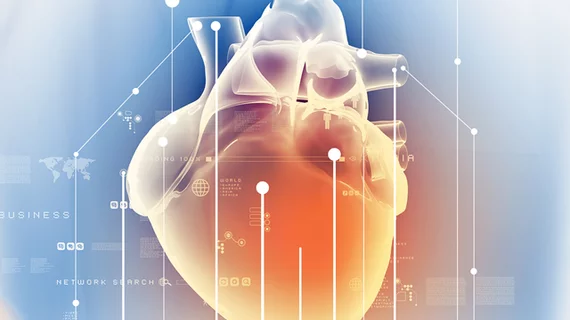Older patients are more susceptible to COVID-19-related heart damage because their bodies create more of the proteins that the virus craves, according to a new study in the Journal of Molecular and Cellular Cardiology.
“When this novel coronavirus first emerged, we expected it to be primarily a respiratory illness, as the virus usually takes hold first in the lungs,” corresponding author Anthony P Davenport, PhD, a professor at the University of Cambridge in the U.K., said in a prepared statement. “But as the pandemic has progressed, we’ve seen more and more COVID-19 patients—particularly older patients—affected by heart problems. This suggests that the virus is capable of invading and damaging heart cells and that something changes as we age to make this possible.”
COVID-19 enters a person’s cells by attacking certain proteins—and when more of those proteins are present, the virus has more chances to cause damage. Davenport et al. compared the heart cells of men between the ages of 19 and 25 with men between the ages of 63 and 78 years old, noting that the COVID-vulnerable proteins are much more active in older patients than young patients. This opens the door for severe heart damage, making the virus much more dangerous.
“The more we learn about the virus and its ability to hijack our cells, the better placed we are to block it, either with existing drugs or by developing new treatments,” Davenport said in the same statement.
The full analysis from the Journal of Molecular and Cellular Cardiology is available here.

